According to the latest information from the World Health Organization (WHO), SARS-CoV-2, which causes the Covid-19 epidemic, continues to circulate and mutate. Results from monitoring this virus show that the important antigen of the spike protein has increased.
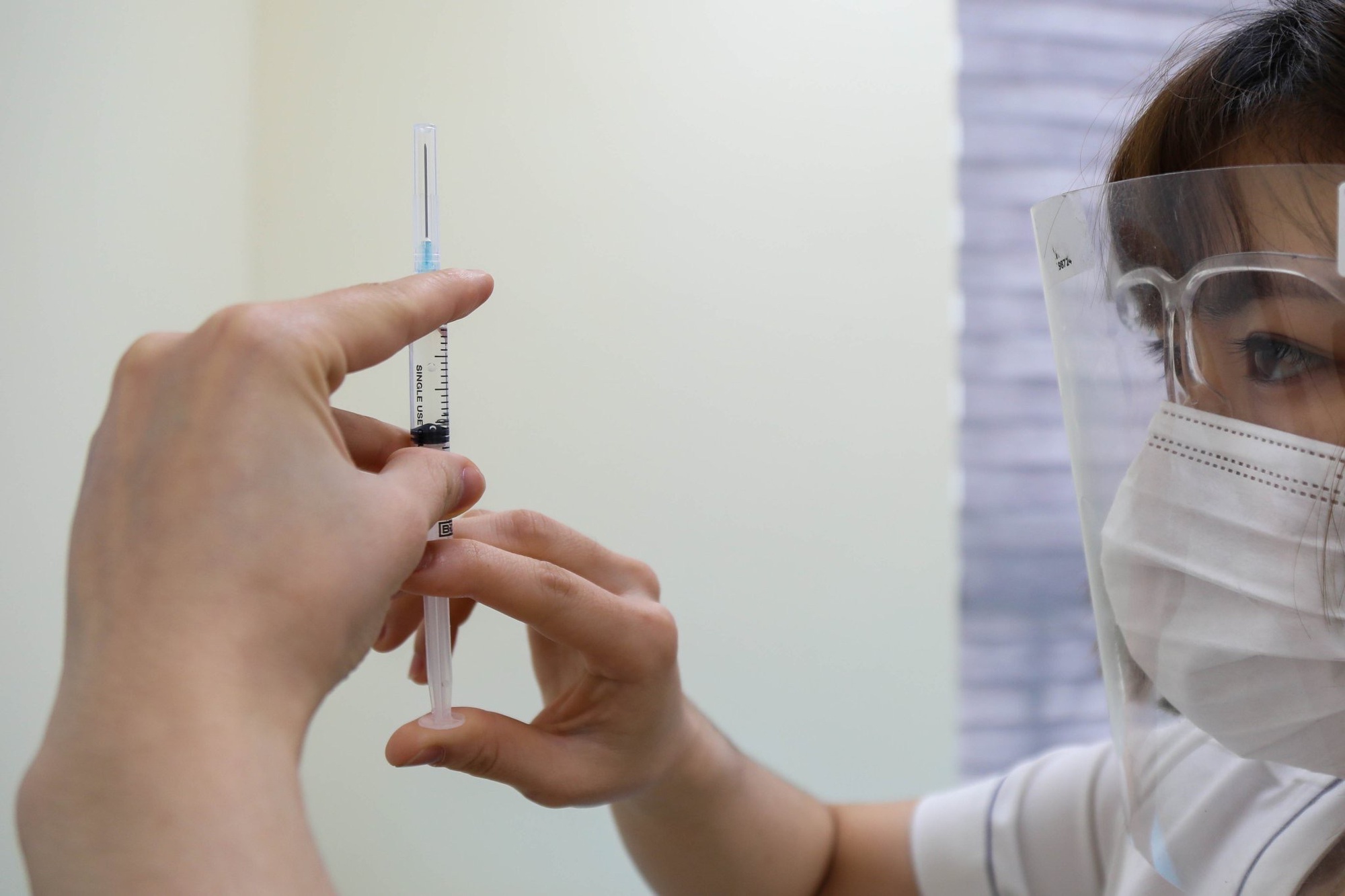
In the face of SARS-CoV-2 mutations, WHO continues to recommend Covid-19 vaccination
Notably, as the virus is expected to continue evolving from JN.1, the WHO Technical Advisory Group on Covid-19 Vaccine Components (TAG-CO-VAC) recommends using the monovalent JN.1 strain as an antigen in future Covid-19 vaccine formulations.
The WHO said the goal of updating the antigenic composition of Covid-19 vaccines is to enhance vaccine-induced immune responses to circulating SARS-CoV-2 variants. However, while waiting for access to vaccines with the updated composition recommended above, vaccination programs in countries must continue to use any Covid-19 vaccines listed or prequalified for emergency use by WHO and should not delay vaccination.
Follow the evolution of SARS-CoV-2
The latest recommendation was issued by WHO on April 26, after the TAG-CO-VAC held its latest meeting on April 15-16 to review the genetic and antigenic evolution of SARS-CoV-2; the immune response to SARS-CoV-2 infection and Covid-19 vaccination; and the efficacy of currently approved vaccines against circulating SARS-CoV-2 variants; and the implications for the antigenic composition of Covid-19 vaccines.
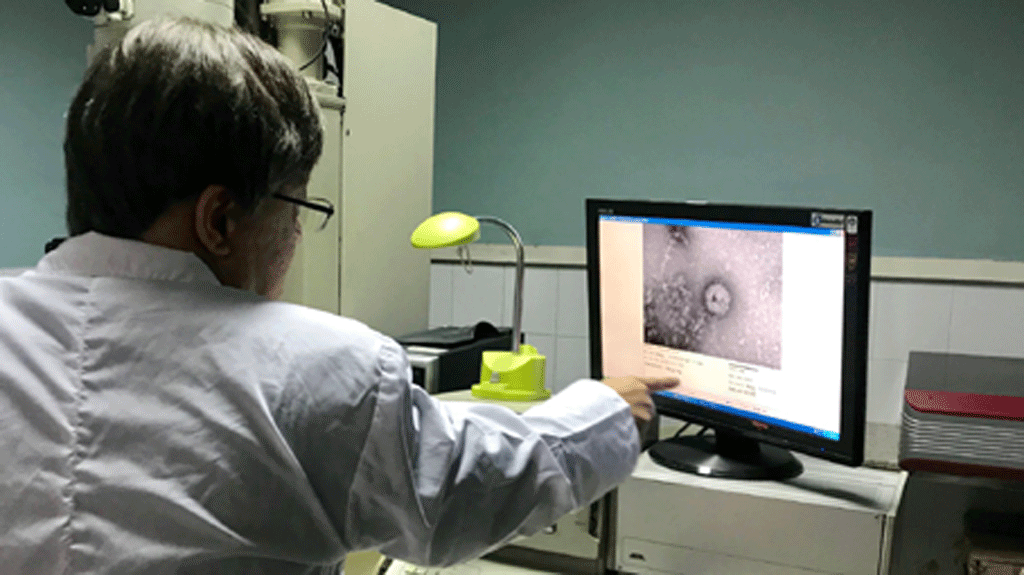
Domestic scientists cooperate with WHO experts in research on SARS-CoV-2
Previously, in May 2023 and December 2023, TAG-CO-VAC recommended the use of monovalent XBB.1 progeny (such as XBB.1.5) as vaccine antigens.
At that time, several manufacturers (using mRNA, viral vector and protein-based vaccine platforms) had developed Covid-19 vaccines with the XBB.1.5 formulation and had been approved by regulatory authorities for use and included in Covid-19 vaccination programs in several countries.
TAG-CO-VAC continues to meet regularly to assess the impact of SARS-CoV-2 evolution on the efficacy of approved Covid-19 vaccines and advise WHO on whether changes to the antigenic composition of future Covid-19 vaccines are needed.
By April of this year, nearly all (over 94%) of the SARS-CoV-2 genetic sequences in the reported database were JN.1-derived, and these variants continued to replace existing XBB-lineage variants (e.g., EG.5). This shift suggests that JN.1-derived variants are more consistent than other circulating SARS-CoV-2 variants in the human population.
Several variants derived from JN.1 (e.g., JN.13.1, JN.1.11.1, KP.2) have independently evolved changes in the spike protein at antigenic determinants involving amino acid residues 346 and/or 456.
Due to the replacement of XBB lineage variants by JN.1-derived variants, it is likely that in the short term, circulating SARS-CoV-2 variants will be JN.1-derived.
(WHO)
Source link



![[Photo] Prime Minister Pham Minh Chinh chairs the 16th meeting of the National Steering Committee on combating illegal fishing.](https://vphoto.vietnam.vn/thumb/1200x675/vietnam/resource/IMAGE/2025/10/07/1759848378556_dsc-9253-jpg.webp)




















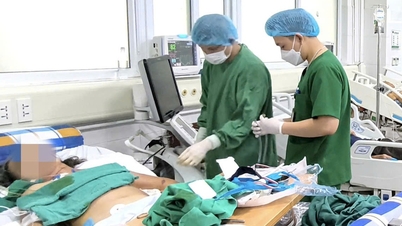









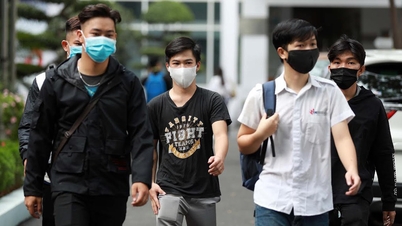




![[Photo] Super harvest moon shines brightly on Mid-Autumn Festival night around the world](https://vphoto.vietnam.vn/thumb/1200x675/vietnam/resource/IMAGE/2025/10/07/1759816565798_1759814567021-jpg.webp)























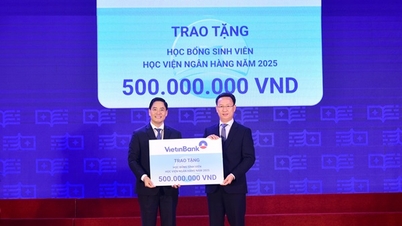












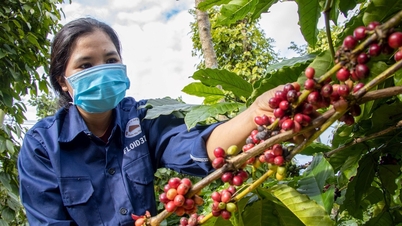





























Comment (0)